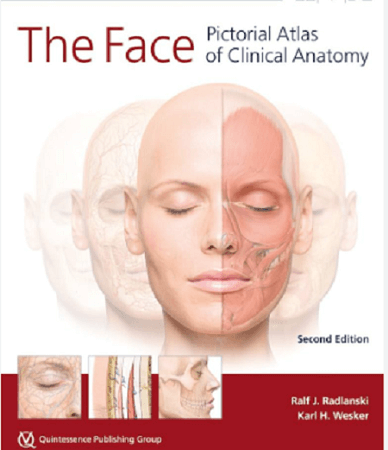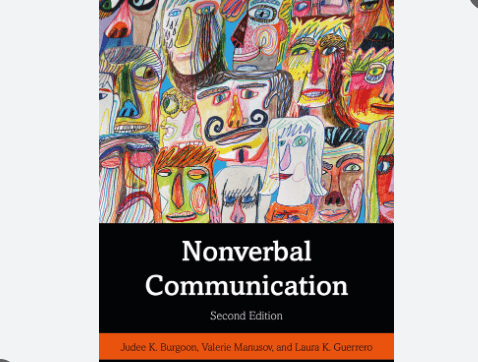Mentoring

What is Mentoring?
Mentoring has existed for thousands of years in a variety of cultures. The word ‘mentor’ originates from Greek mythology and the story of Odysseus, who, when setting off on his journey to Troy, entrusted his friend Mentor with the care and education of his son Telemachus. Legend has it that Odysseus instructed Mentor to ‘Tell him all that you know’, unwittingly setting the standard for aspiring mentors.
Mentoring is a transformational process that seeks to help individuals develop and use knowledge to improve themselves on an ongoing basis. It is a professional dialogue that encourages reflection and development, signposting mentees to other sources of help as required.
In simple words, Mentoring refers to the act of advising another through an established formal relationship. The person who is considered the advisor in the relationship is called the mentor; the person who receives the advice is called the mentee.
An enquiry into mentoring commissioned by the Department of Health defined mentoring as a ‘process whereby an experienced, highly regarded, empathic person (the mentor), guides another individual (the mentee) in the development and re-examination of their own ideas, learning, and personal and profession development.
The mentor, who often, but not necessarily works in the same organization or field as the mentee, achieves this by listening and talking in confidence to the mentee.
Another definition of mentoring by Carmin, considered mentoring to be a ‘complex, interactive process occurring between individuals of differing levels of experience and expertise which incorporates interpersonal or psychosocial development, and socialization functions into the relationship.
| Exhibit I: Other General Definitions of Mentoring |
|---|
|
The Role of the Mentor
A mentor is usually an established professional who offers a mentee opportunities to develop, stimulate and maintain their professional development through an ongoing dialogue and relationship. They will adopt all four roles described below to a varying degree, depending on the needs of the mentee.
- An envisioner — giving the mentee a picture of what the future can be like.
- A standard prodder — pushing the mentee to achieve high standards and encouraging them to take risks in order to develop.
- A challenger — making the mentee look more closely at their skills and the decisions they make.
- A confidante — good listening skills, allowing the mentee to ‘open up’ with any problems or concerns.
Mentoring differs from coaching Opens in new window in that mentoring focuses on sharing the mentor’s expertise, personal experiences, and past opportunities, whereas coaching focuses on the process of learning, particularly in creating learning opportunities for the employee who is being coached. It also differs in that mentoring focuses beyond the employee’s current job to some point in the future, whereas coaching focuses on the employee’s current job.
Much of the advice provided by mentors is directed at competencies a mentee must possess to be considered qualified for or successful in a given position. Both championing change and communicating effectively are generally considered competencies for managers and supervisors.
The behaviors discussed as follows are examples of practical behaviors the mentee may engage in that will strengthen those required competencies.
Consider the mentor who is advising the mentee on how to champion and manage change. The mentor could suggest that the mentee participate in or serve as the chairperson of a process improvement team or a committee responsible for implementing a change in the department or organization.
Similarly, the mentor could suggest that the mentee seek out projects that require initiating and planning change within the organization or interview someone who has led an organizational change effort successfully.
Finally, the mentor could suggest that the mentee identify change champions in her organization and work with them to support and initiate a change.
Again, consider the mentor who is advising the mentee on how to communicate effectively. The mentor could suggest that the mentee identify methods currently used to convey information in the organization, evaluate the strengths and weakness of those methods, and propose or implement better methods.
Similarly, the mentor could suggest that the mentee seek out assignments that require him to make presentations to groups, offer to represent his supervisor at a meeting, or volunteer to serve on committees or task forces that provide opportunities to speak and write. Finally, the mentor could suggest that the mentee speak with peers or direct reports about communication breakdowns within the organization and generate ideas to avoid such breakdowns in the future.
As these behaviors indicate, the focus of the mentor/mentee relationship is on the future. By engaging in and succeeding at the suggested behaviors, the mentee is better positioned to be considered for other roles or positions that may become available in the future, within or beyond the organization.
Benefits of Mentoring to Individuals
If you have a mentor, your mentoring relationship will provide you with the confidential opportunity to share your feelings, express your views, test out ideas and raise questions.
It will allow you to take a step back and look at yourself, as a manager, as a leader, or team player and most importantly at you as a person.
| Mentoring is a developmental process for the mentee who should gain from: |
|---|
|
























